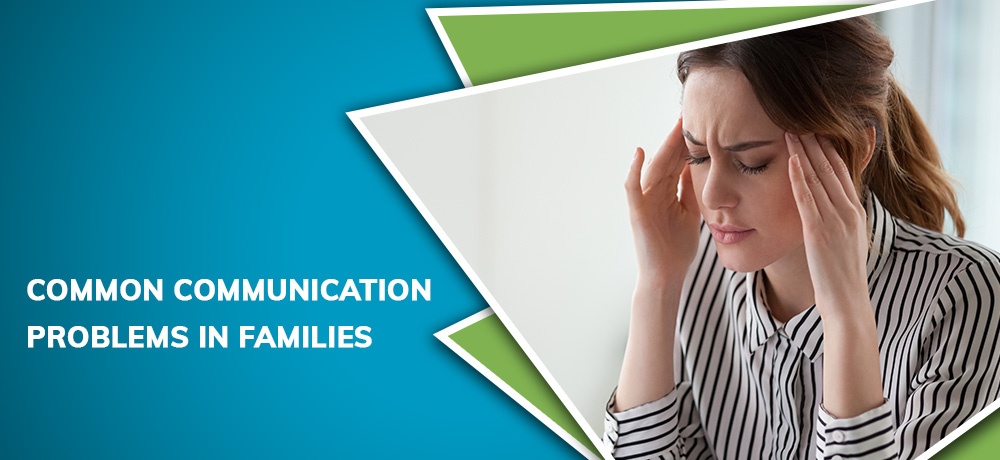Common Communication Problems In Families

We often assume that communication with our spouse and other family members should be easy and effortless because we have spent a lot of time with them. But we can be surprised and annoyed when they misunderstand what we’re talking about. Blaming the other person is tempting, but the problem also begins with us. It may be difficult to eliminate communication “bad habits” completely, but being aware of our behaviour can help.
With over twenty years of experience, Floodgate Coaching, Counselling and Consulting wants to help you become aware of some common communication problems in families and solutions on how to deal with them.
Not fully listening
If we’re not careful, we can easily find ourselves half-listening to the people we’re communicating with. We might be looking at our phones, watching television, or even daydreaming about something else. But when we don’t actively listen to the person we’re speaking to; we risk making them feel invalidated. We also miss important nonverbal cues and might not fully understand their message. We need to take the time to really listen and confirm that we’ve understood them correctly.
Reacting out of emotion
If we react to our emotions instead of responding, we might say things we don’t actually mean. Our family is usually where we form our earliest and strongest emotional memories, and those memories can keep appearing later on in life. It’s important to take some time to let the strong emotions settle before we respond. A good communicator will let the emotions sit for a while and respond carefully rather than reacting impulsively.
Avoiding difficult conversations
When faced with the possibility of a difficult conversation, many people choose to avoid or prolong the conversation as long as possible. People usually perceive a conversation as difficult when they are faced with telling someone something that the person doesn’t want to hear. Withholding information can create distance between you and the other person. An effective communicator remains open and honest to address issues as soon as they arise rather than avoiding or prolonging important discussions. Take time to consider the message you want to get across to them and then communicate it directly using “I statements.” When we use “I” statements, we take ownership of how we feel and are less likely to make the other person feel attacked.
If you are looking for a registered psychotherapist and certified life coach in Guelph, ON, reach out to me at Floodgate Coaching, Counselling and Consulting. With extensive experience working with mental health and addictions, I am passionate about helping people be the best versions of themselves. Working from a meaning perspective, I believe that when people see their unique value, they are better equipped to overcome life’s challenges and start living more fully. I offer coaching and consulting services all over the world, counselling services all over Canada, and therapy services across Ontario.
Get in touch with me today!
To learn more about the services I offer, please click here. To get in touch with me, please click here or call me toll-free at (226) 789-9965.